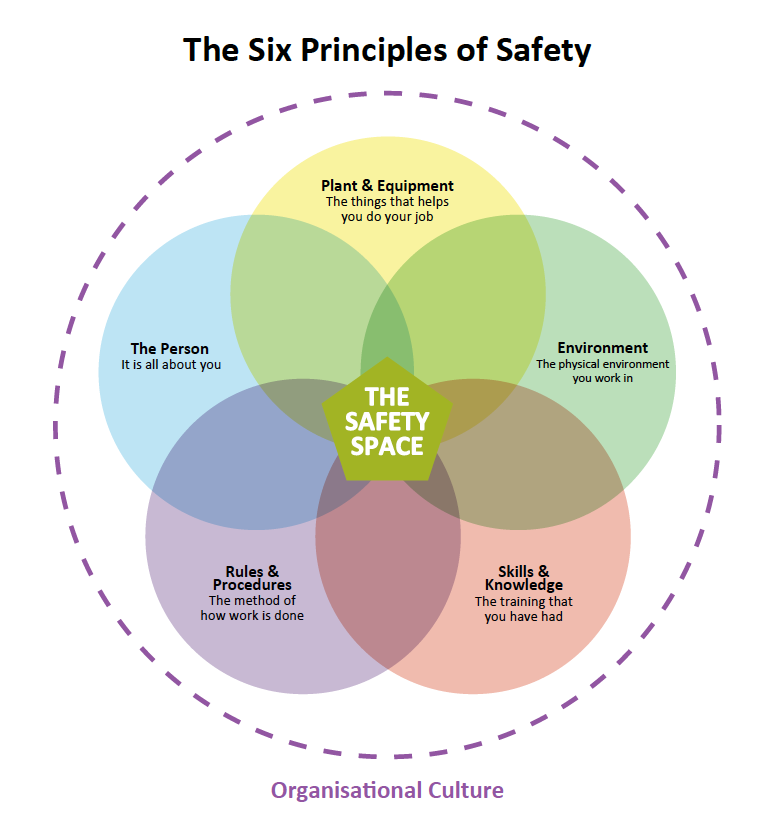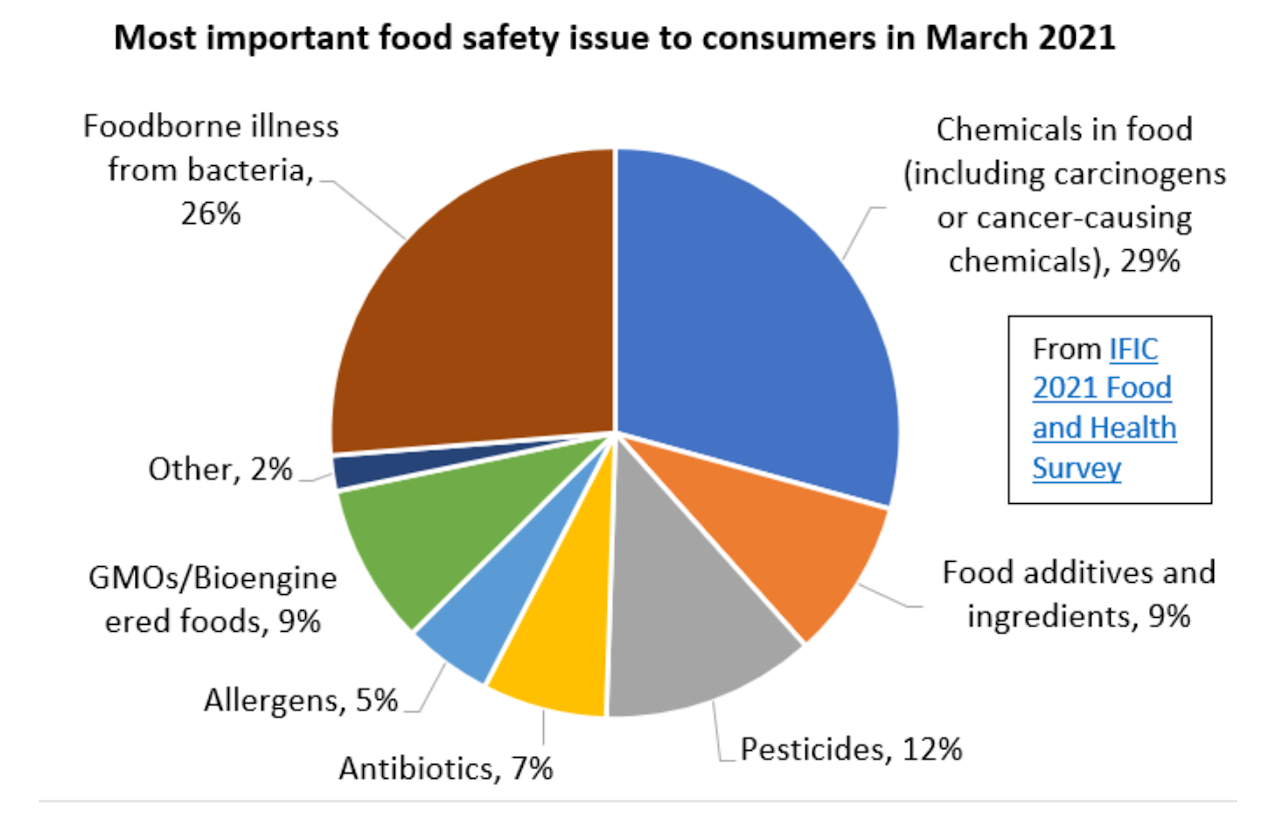Organizational Culture and Problems
The given article EBS in China, written by Lin Liu and colleagues in 2018, explores the company Environmental & Best Safety (EBS), its background, and initiatives. Generally, EBS seeks to offer goods and services that protect employees in risky circumstances as a global leader in protection and safety product creation and development (Lin Lu, 2018). However, the organizational culture of the company in the case study is one that is not focused on safety. The company is more concerned with the production of the new product and satisfying the needs of the customers. However, such an approach eliminates the focus on departments and employees, which might be detrimental to the company’s operations. There are problems identified in the paper that are indicative of a poor organizational culture, which generally involves disorganization between departments, lack of transparency, and poor managerial approaches.

Implications and Solutions
The implications of this paper involve loss of competitive edge, poor profitability ratios, and inability to introduce new products in the market. It was suggested that organizations operating in China need to be aware of the environmental and safety concerns of the country and take steps to mitigate them (Lin Lu, 2018). In this sense, in order to become recognized in the worldwide market, it is vital to incorporate certain approaches. The first approach is the one concerning air pollution. It involves closing factories and power plants that emit pollutants and switching to cleaner energy sources, reducing the use of fossil fuels and using cleaner forms of energy, planting trees, and promoting green spaces and urban gardens.
Water Pollution
Water pollution is when water is contaminated with harmful substances. This can make the water unsafe to drink and can also harm the environment (Bagley, 2018). There are a number of ways to improve the situation, including improving sewage and wastewater treatment facilities, supporting businesses and organizations that are working to reduce water pollution, and educating the public about water pollution and its effects. Moreover, it will require implementing best management practices to reduce pollution from agriculture and industry and encouraging water recycling and reusing materials, and improving waste management practices.
Food Safety
Food safety is the practice of protecting food from contamination or spoiling. It is a set of guidelines and procedures that need to be followed in order to ensure that food is safe for consumption (Bagley, 2018). It can be achieved through increased funding for food safety research, developing better food safety curricula for schools, and providing more training for food industry workers.
There are many ways to improve food safety in China. Some general solutions include the following: The government needs to increase inspection of food factories and farms and enforce stricter penalties for those who violate food safety laws; Improve food safety through education and training food handlers on proper food handling and storage procedures; Increase public awareness of food safety issues through media campaigns, public service announcements, and educational materials.

Occupational Safety
Since there is no one-size-fits-all solution to the issue of occupational safety, there are some general solutions that can be proposed. This involves creating awareness of the importance of occupational safety among workers. This can be done through training and education programs. Strict enforcement of safety rules and regulations must be incorporated. Additionally, safety inspections should be conducted regularly to ensure that workplaces are compliant with safety standards. Lastly, companies should provide adequate resources and support to ensure that workers can safely perform their duties.
Change Management and Organizational Communications Strategies
There are a variety of ways that organizations can improve their environmental and safety performance in China. The first step is to incorporate an upward communication strategy, which implies hierarchical communication from the employees to the management, where the staff can speak about their issues and make propositions (Dollins & Stemmle, 2021). Some general solutions include increasing transparency and communication with stakeholders and honoring their promises to the public through public participation (Huang, 2018). Organizations should invest in research and development to improve environmental and safety performance. The company must include the strategy of competitive edge, wherein it can implement environmental efficiency and awareness. Moreover, organizations should provide training and awareness programs for employees and other stakeholders on environmental and safety issues (Dollins & Stemmle, 2021). Lastly, organizations should encourage employees to get involved in environmental and safety initiatives.
Conclusions
In general, as a world leader in the development of protection and safety products, EBS aspires to provide products and services that safeguard personnel in hazardous situations. The main issue of the company is its poor management and communication. Examples of these are poor communication between the departments and the inability to take accountability. The implications of such a problem are poor profitability of the firm. As a result, the company must enhance its competitive edge, implementing the holistic approach to building an environmentally-friendly company, focusing on reducing air and water pollution and ensuring food and occupational safety. Management and communication strategies, such as upward communication strategy, awareness campaigns, and training of employees, can help.
References
Bagley, C. E. (2018). Managers and the legal environment: Strategies for business. Cengage Learning.
Dollins, M., & Stemmle, J. (2021). Engaging employees through strategic communication: Skills, strategies, and tactics. Taylor & Francis.
Lu L, Jiao B,Liu J, and Beamish P. (2018). EBS In China. Ivey.
Huang, L. J. (2018) Environmental safety management system: Theory and practice. Jinan University Press.